Over 500 Mozambican troops trained by Rwandan instructors conclude advanced infantry course
Opposition still has not been able to create “alternative political culture” in Mozambique

DW (File photo) / Maputo, capital of Mozambique
French historian Michel Cahen says in an interview with Lusa that opposition parties in Mozambique have not yet succeeded in producing an alternative political culture.
Cahen says he feels that Mozambique needs a different socio-economic programme to that offered by the Liberation Front of Mozambique (Frelimo).
“I see a weakness on the part of both the Mozambican National Resistance (Renamo) and the Democratic Movement of Mozambique (MDM). These opposition parties have not yet been able to produce an alternative political culture,” he said.
Cahen was speaking in Maputo on Tuesday on the sidelines of the 5th Institute of Social and Economic Studies (IESE) International Conference which celebrates the organisation’s 10th anniversary.
Under the theme “Challenges of Social and Economic Research in Times of Crisis”, the three-day international conference brings together teachers, students and Mozambican and international researchers.
Cahen says Mozambique needs an opposition that presents alternative models to those of the Frelimo, which has been in power since the country achieved independence in 1975.
“For example, no one has yet submitted, as a proposal, the need to move the capital. Geographically, the capital of this country should be in Quelimane [province of Zambézia], which is, if you analyse the map well, the centre of the whole country,” he notes.
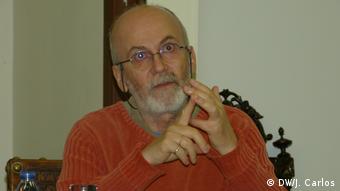
New electoral cycle approaches
Cahen says changes in opposition proposals could promote more participation in the political life of the country at a time when Mozambique faces “great challenges” with the approach of a new electoral cycle and the race for an agreement of definitive peace.
“Citizens are driven to the polling stations when they think they can secure concrete change,” Cahen said.
He considers the situation in the country “very interesting”, calling peace negotiations between the government and Renamo an important point in Mozambique’s political chess game, and recalling that Renamo’s first demand of autonomous provinces would imply a radical change.
“If we were to take into account Renamo’s demand as first proposed, this would imply that Frelimo loses half of the country, which it will never accept unless it is defeated militarily,” he added.

Cahen says the autonomous provinces issue will be solved through constitutional change, since currently the governor is the president’s representative in the province.
“If you do not change the constitution and say that the governors are no longer representatives of the president but of the community, the problem will not be solved, no matter how governors are elected,” he concludes.
Cyclical periods of violence
Although the government and Renamo signed the General Peace Agreement in 1992 and a second agreement in 2014 to end military hostilities, Mozambique has experienced cyclical periods of post-election violence due to the main opposition party’s refusal to accept election results, alleging fraud.
In May, after contacts with the Mozambican head of state, the Renamo leader announced an indefinite truce with the Mozambique Defence Forces.



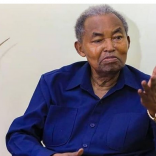
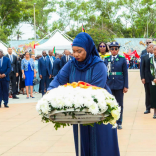
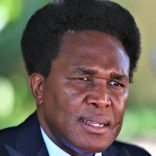
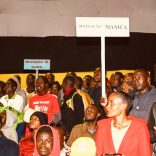
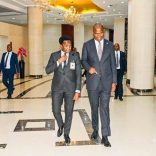





Leave a Reply
Be the First to Comment!
You must be logged in to post a comment.
You must be logged in to post a comment.